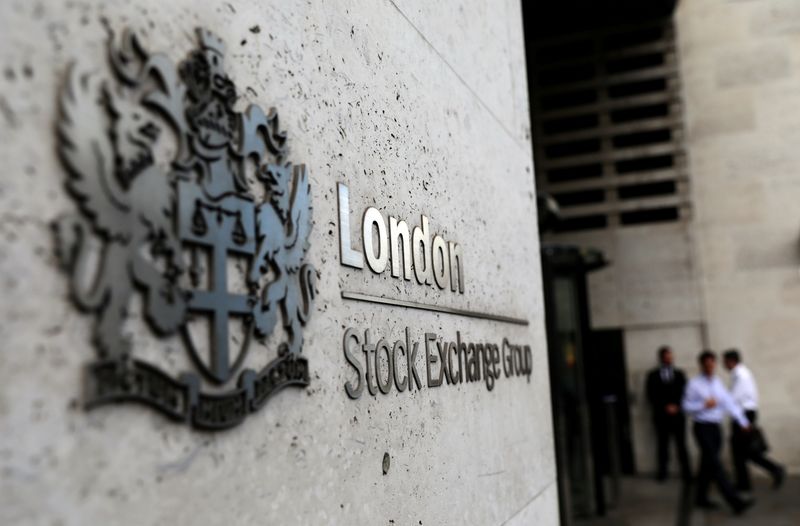By Johann M Cherian, Bansari Mayur Kamdar and Aniruddha Ghosh
(Reuters) - UK's main stock indexes ended higher after new Prime Minister Liz Truss announced a plan to tackle high energy costs without imposing windfall tax on oil and gas profits, but worries of aggressive rate hikes by central banks limited overall gains.
The FTSE 100 gained 0.3% and the more domestically focused mid-FTSE 250 climbed 0.4%.
Oil majors BP (LON:BP) and Shell (LON:RDSa) got a brief boost following the emergency plans but worries about slowing global economic activity and a hit to fuel demand weighed on oil prices. [O/R]
Britain's new government is freezing consumer energy bills for two years and providing support to businesses from crippling energy costs, Truss unveiled in a package that could cost about 150 billion pounds ($173 billion).
"It (Truss' speech) might have had an impact more on the FTSE 250, which is more sensitive to what the UK economy is doing than the FTSE 100 but markets are more focused on central banks more than anything else," Andrea Cicione, head of strategy at TS Lombard said.
The rate-sensitive banking sector advanced 0.9% as the prospect of higher interest rates boosted financial stocks in Europe and the United States.
The European Central Bank raised its key interest rates by an unprecedented 75 basis points and promised further hikes to tackle soaring inflation.
Among single stocks, Associated British Foods (LON:ABF) declined 7.6% after the company flagged lower profit for next year, as its Primark fashion business struggled with rising costs and inflation.

Royal Mail (LON:RMG) fell 2.2% after it said it was not involved in talks with a private-equity firm over a potential sale of the postal group amid a clash with its largest labour union over pay.
Darktrace (LON:DARK) plunged 34.5% after U.S. technology investment firm Thoma Bravo said it would not make a cash offer to buy the cyber security company.